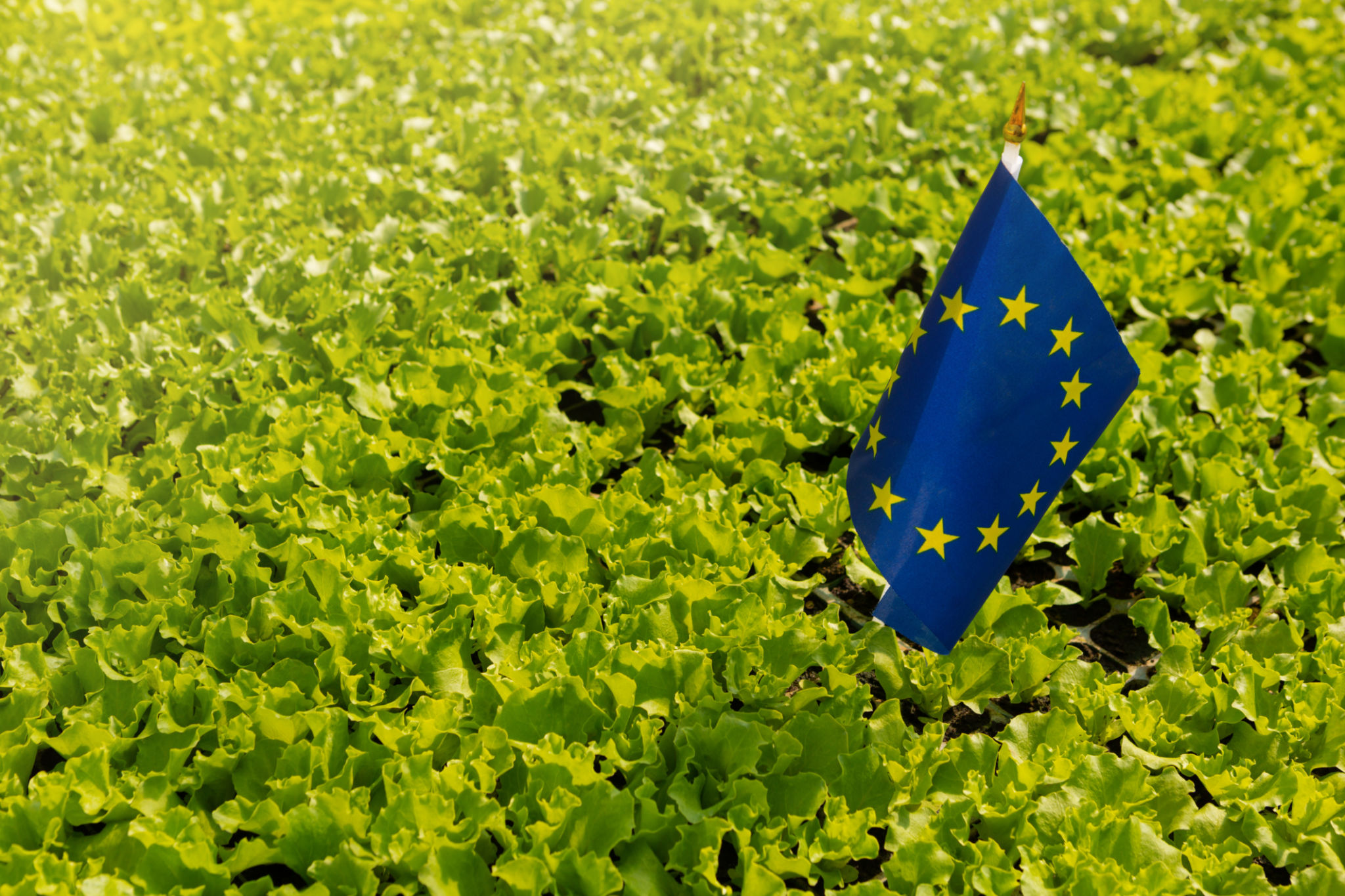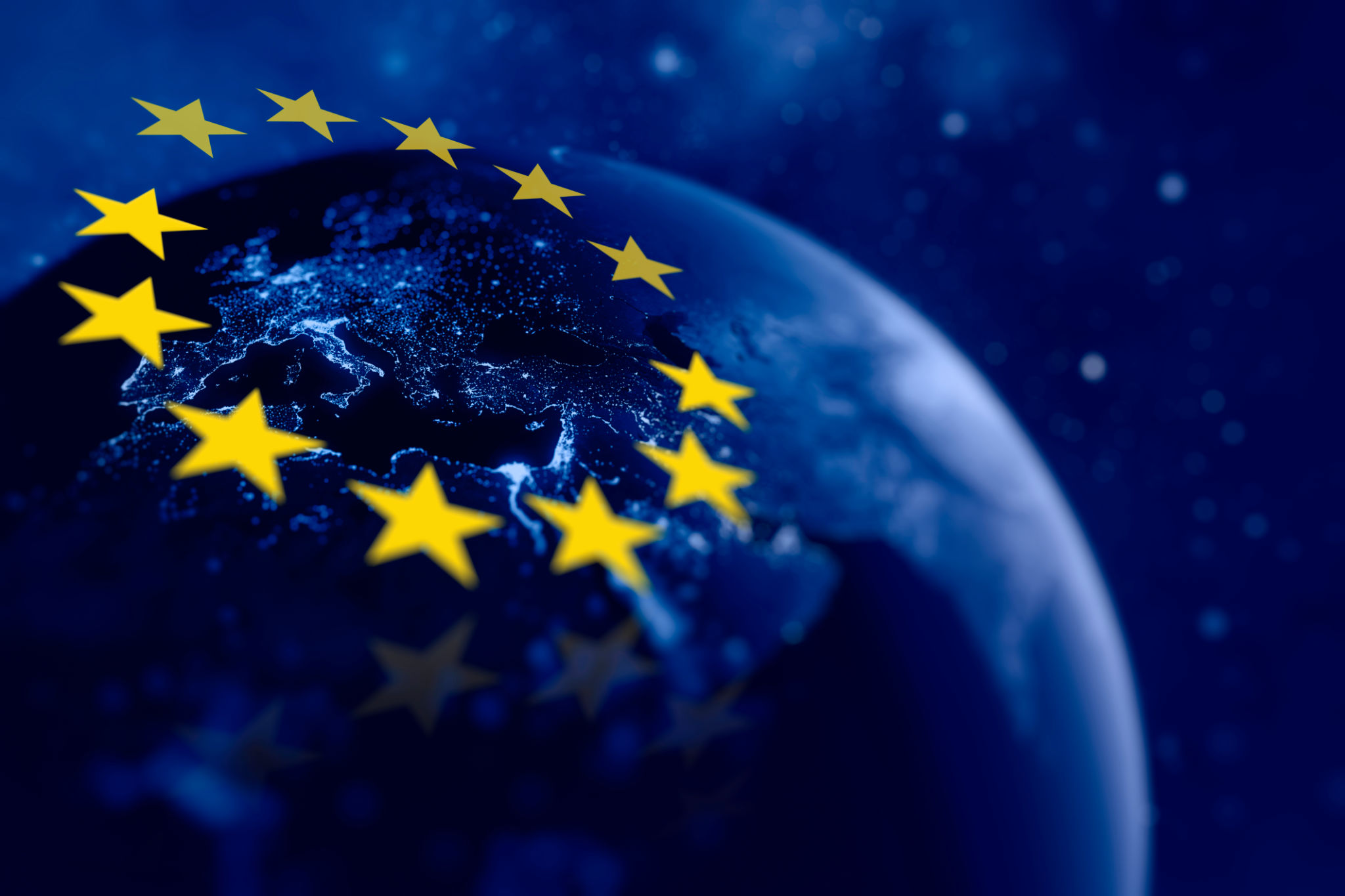Understanding the EU Deforestation-Free Regulation and Its Impact on Irish Agriculture
Introduction
In December 2024, the European Union introduced the Deforestation-Free Regulation (EUDR)—a landmark policy aimed at tackling global deforestation. By ensuring that no products linked to deforestation after 2020 are sold or exported within the EU, the regulation aligns with broader EU goals to combat climate change, biodiversity loss, and unsustainable land use. This initiative is a critical component of the EU’s commitment to global environmental stewardship.
While the regulation has far-reaching global implications, it carries specific challenges and opportunities for Irish agriculture. For sectors like beef and dairy, which are integral to Ireland’s economy, compliance will require significant shifts in supply chain transparency and sustainability practices. This article explores the regulation’s key components, its implications for Irish agriculture, and how farmers and producers can prepare for the changes ahead.

What Is the EU Deforestation-Free Regulation?
The EUDR prohibits the sale, import, or export of specific products within the EU if their production is linked to deforestation after 31 December 2020. The targeted commodities include beef, soy, palm oil, cocoa, coffee, and timber, along with derivative products such as leather and chocolate.
To comply, businesses must implement stringent due diligence measures to ensure their supply chains are deforestation-free. These measures include:
Geolocation Data: Mapping the precise locations where raw materials are produced.
Deforestation Verification: Ensuring production areas were not deforested post-2020.
Traceability Systems: Using technology to track products through every stage of the supply chain.
Non-compliance can result in substantial fines, reputational damage, and restricted access to the EU market.

Implications for Irish Agriculture
1. Ireland’s Agricultural Exports Under Scrutiny:
Ireland’s agricultural exports play a vital role in the national economy, contributing over €18.1 billion in revenue in 2023. Beef and dairy are central to this success, with cattle production accounting for €3.5 billion and milk generating €2.6 billion of agricultural output.
The EUDR places these industries under heightened scrutiny. Although deforestation is often associated with tropical regions, Irish farmers will need to prove that their products—and any associated inputs like feed—are not linked to deforestation. For example:
- Beef exports will require evidence that grazing lands and feed sources, such as imported soy, meet the regulation’s deforestation-free criteria.
- Dairy products will face similar requirements, especially given the reliance on imported feed in some farming systems.
Failure to comply risks losing access to EU markets, which would significantly impact Ireland’s agri-food sector.
2. The Challenge of Traceability:
To meet the EUDR’s requirements, Irish farmers and producers will need to adopt advanced traceability systems that can:
- Track Origins: Document the exact locations of farming activities and feed production.
- Ensure Transparency: Provide verifiable data at every stage of the supply chain.
- Use Technology: Employ tools like geolocation mapping and blockchain to enhance accuracy and reduce administrative burdens.
For small and medium-sized farms, which form the backbone of Ireland’s agriculture, these requirements could prove financially and logistically challenging. Collaboration within cooperatives and leveraging support from industry bodies will be critical to overcoming these hurdles.
3. Financial and Administrative Costs:
The regulation will impose additional costs on farmers and food producers, including:
- Technology Investments: Purchasing and implementing traceability systems, such as GPS mapping or blockchain platforms.
- Certification: Securing third-party certifications to validate deforestation-free practices.
- Ongoing Monitoring: Conducting regular audits and maintaining compliance documentation.
These requirements may place smaller farms at a disadvantage, as they often lack the resources to invest in new systems.

Opportunities for Irish Agriculture
While the EUDR presents challenges, it also opens doors for Irish agriculture to enhance its reputation and secure its position in a sustainable global market:
1. Strengthening Ireland’s Green Brand:
Ireland is internationally recognised for its commitment to sustainability, and the EUDR provides an opportunity to reinforce this reputation. By demonstrating compliance with deforestation-free standards, Irish farmers can appeal to environmentally conscious consumers and premium markets.
2. Enhanced Consumer Trust:
Transparency is a growing priority for consumers, with many demanding sustainable and ethically sourced products. Compliance with the EUDR will allow Irish beef and dairy to stand out as high-quality, environmentally responsible options.
3. Access to New Markets:
Meeting the EUDR’s standards could position Ireland as a leader in sustainable agriculture, unlocking opportunities in markets where ethical sourcing is a priority.
4. Fostering Innovation:
The need for traceability and supply chain transparency could drive technological innovation across the agricultural sector. This includes adopting precision farming techniques, blockchain solutions, and digital platforms that improve efficiency and sustainability.

How Irish Farmers Can Prepare
To successfully navigate the challenges posed by the EUDR, Irish farmers and producers should consider the following steps:
1. Conduct Supply Chain Audits:
Identify all inputs, including feed, and ensure they meet deforestation-free criteria.
Engage with suppliers to address potential compliance gaps.
2. Invest in Digital Traceability:
Implement tools like geolocation mapping and blockchain to track product origins.
Collaborate with technology providers to access cost-effective solutions tailored to small and medium-sized farms.
3. Pursue Certification:
Partner with certification bodies to validate compliance with EUDR requirements.
Regularly update certifications to maintain market access.
4. Leverage Government and Industry Support:
Take advantage of government grants and resources designed to ease the transition to sustainable practices.
Collaborate with cooperatives and industry groups for guidance and shared solutions.
5. Embrace Sustainable Farming Practices:
Transition to regenerative agriculture or other environmentally friendly methods that align with the EUDR’s objectives.
Explore alternative feed sources that are sustainably produced and locally sourced.

Global Context and Ireland’s Role
The EUDR is part of a broader global effort to address deforestation, which contributes to nearly 10% of global greenhouse gas emissions and is a leading driver of biodiversity loss. As a nation that prides itself on sustainable farming practices, Ireland has an opportunity to set an example in balancing agricultural productivity with environmental stewardship. By aligning with this regulation, Ireland can significantly contribute to global efforts to combat climate change, restore ecosystems, and secure long-term food security.
Moreover, the outcomes of COP30 (2025) and other international agreements will likely introduce further measures to address environmental challenges, including stricter carbon reduction targets and biodiversity goals. These developments will intensify the need for sustainable practices across the agricultural sector. Irish farmers who proactively adopt the EUDR’s requirements will not only comply with current demands but also position themselves as leaders in a future where environmental accountability is paramount. This proactive approach will strengthen Ireland’s reputation as a producer of high-quality, ethically sourced food while securing access to competitive global markets that increasingly prioritise sustainability.

Conclusion
The EU Deforestation-Free Regulation is a bold step in addressing one of the planet’s most pressing challenges—deforestation and its impact on climate and biodiversity. For Irish farmers, however, this is not just another regulation; it represents a significant shift in how agriculture operates. Meeting the EUDR’s demands will not be easy. Farmers will need to adopt new technologies, track every stage of their supply chain, and provide extensive documentation—all while managing the financial and administrative strain this creates.
For small and medium-sized farms, these requirements can feel overwhelming. Investing in traceability systems, securing certifications, and maintaining ongoing compliance will require both time and resources that are already stretched thin. It’s a daunting task, especially for those who are deeply rooted in traditional farming practices.
Yet, the regulation also provides a chance for Irish agriculture to shine. By adapting to these changes, Ireland can bolster its reputation as a leader in sustainable farming, offering products that meet the highest ethical and environmental standards. Consumers worldwide are increasingly looking for transparency and accountability in their food sources, and Irish farmers have the potential to thrive in this growing market.
The path ahead is challenging, but not insurmountable. With the right support—through government funding, industry cooperation, and practical solutions—farmers can navigate these changes and turn them into opportunities for growth. The resilience and adaptability of Ireland’s farming community have been proven time and time again, and this moment is no different. Together, we can work towards a future where Irish agriculture continues to thrive, not just for today but for generations to come.
If you’re feeling unsure about how to adapt, don’t face these changes alone—reach out for guidance and support. Change is hard, but it doesn’t have to be impossible.
*By Anne Hayden MSc., Founder, The Informed Farmer Consultancy.
